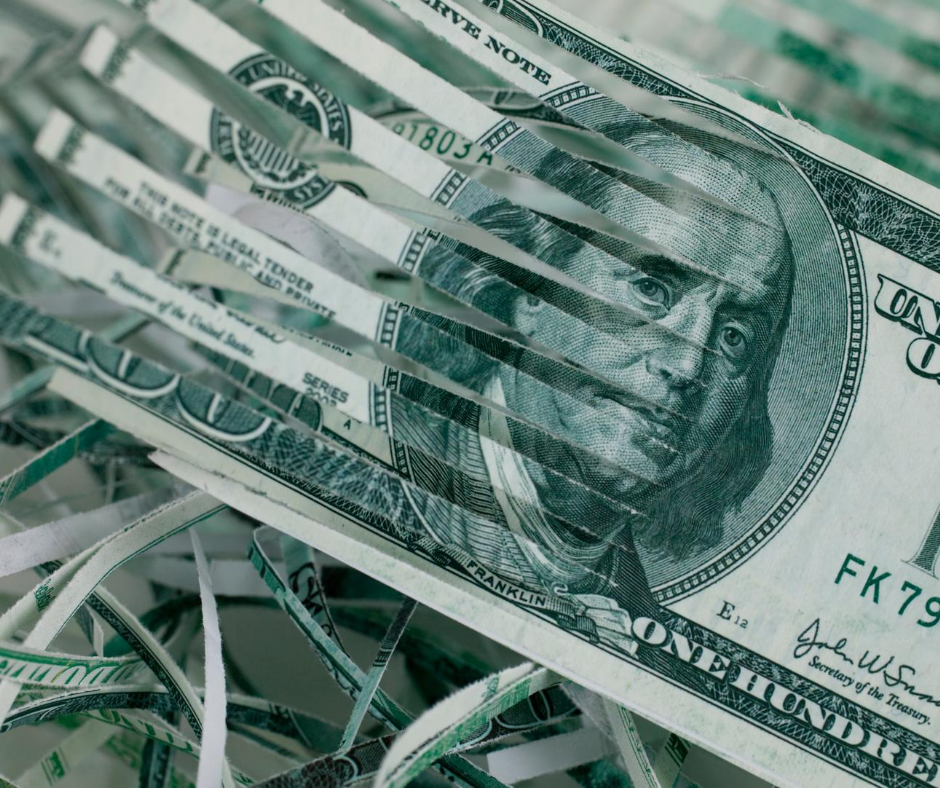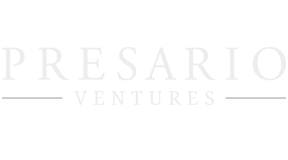
26 Aug Cash or Trash
CASH OR TRASH
I was recently at a conference in the mountains and there was a lively debate about the utility of cash in these uncertain times. The title of the debate was aptly named “Cash or Trash?” Four very bright individuals debated both sides of the equation.
In summary, there was a consensus that, during times of economic upheaval, it is prudent to have some money set aside. That might save you during hardship or allow you to seize opportunity if the market provides it.
The big debate centered around how to store those funds.
WHAT ARE YOU SAVING?
It’s always an interesting question. Certainly, everybody wants money. It’s why we work; it’s why we invest and it’s why we save. But what are we really saving?
Are we saving money or a piece of paper with a picture of Ben Franklin or the Greek goddess Europa on it?
What is money? Money is defined as 1) a medium of exchange, 2) a unit of account, and 3) a store of value. It must also be fungible, which means it must be able to replace or be replaced by another identical item. It must be mutually interchangeable.
LOSS OF VALUE
So, what about the money that we use today? Our money is actually fiat currency and is essentially an IOU from the Federal Reserve, or the Bank of Europe, or any other sovereign bank that issues currency. You can easily take that dollar or euro and exchange it for goods and services. It’s worth is determined by the world’s faith in the currency itself and, more importantly, the government backing it.
Historically, all fiat currencies have failed to date. The most recent examples in the last century can be found in the history books of Germany, Zimbabwe and Venezuela. Over the past 100 years, the US dollar has lost roughly 96% of its value.
So is it bad to have a pile of dollars in your pocket or your bank account? Of course not. It’s better to have cash than to have nothing, even if that cash is slowly losing value.
ENDURING VALUE
Gold, on the other hand, is the very definition of money. It is a medium of exchange, a store of value and a unit of account. The difference between gold and the dollar in your pocket is that gold has no counterparty risk and has held its value for thousands of years. Currencies have come and gone, but gold has endured.
Gold has endured because it is a hard asset. Real estate is another hard asset. However, personal or rental property does not fit the definition of money. It cannot be divided, nor is it a unit of account or a medium of exchange. It is, however, a store of value. Many of you have experienced the rise in value of your homes and real estate holdings over time. Likely, the rise in value represented the fact that the dollars required to purchase that asset had lost value, and it took more of them to consummate the sale.
THE SHORT MONEY LESSON IS HARD ASSETS ENDURE
So, what’s the point? Should we all go out and load up on gold and pay inflated prices for real estate? Not necessarily. The point of the short money lesson is that hard assets endure, but it’s nice to have a little cash when times are bad, or opportunity arises. Cash loses value daily, but short-term it’s good to have ready access to capital. If you wish to keep it long-term, consider other vehicles that will help it to maintain its purchasing power, or it could become trash. I leave the choice of the vehicle to you.
CONVERT YOUR CASH TO AN ASSET
For years, we at Presario have suggested that investors keep their hand in the game, while they build a war chest of ready cash. We are coming into a period where there will be opportunities. However, we must be in the market to identify those events. We continue to look for investments that will grow your portfolio in a stable and consistent manner.
As we look at each project, we will see the turning point and will be prepared to act quickly when discounts begin to surface. It is then that your cash becomes an asset.
The moral of the story: Your cash will become trash unless you convert it to assets.
To learn more about Presario Ventures, please schedule a meeting with Tom Burns, MD.
Ready to invest, complete our Preferred Investor Form to receive investment opportunities first.
Sign up for Presario’s newsletter and follow us on LinkedIn, Facebook, Twitter, and Instagram to get the latest information and educational opportunities.[/vc_column_text][/vc_column][/vc_row]



